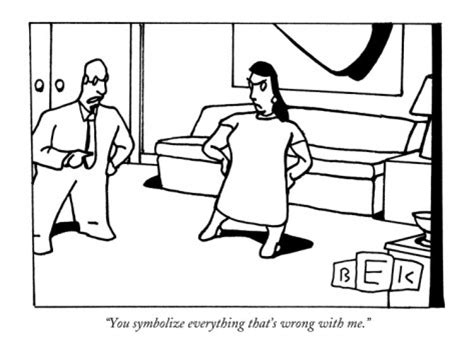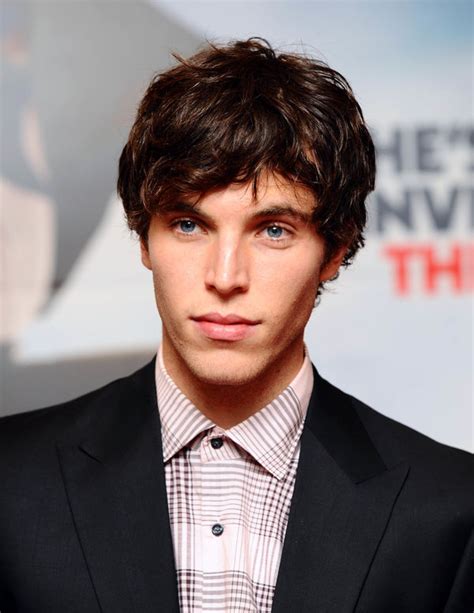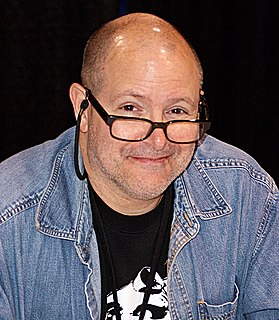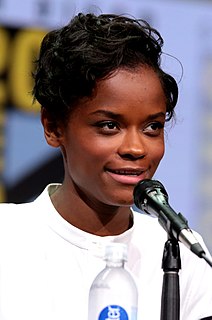A Quote by Ottessa Moshfegh
I don't really pity any of my characters. I hold my characters under a harsh fluorescent lamp and ask "Who are you?" I'm not doing their makeup or giving them hairdos. They present themselves to me as they are and then I let them say what they want. Usually they're saying something too honest.
Related Quotes
Sometimes, when actors reach out to their characters, they're nowhere in sight. They need to find something inside of them. And then the characters are right there. As a director, I want them to find the character that's already inside them, instead of trying to manufacture or manipulate or make something up. That's not really honest or true.
The secrets that the characters hold are held back from the audience, and that's such a delight to hold onto. When you're playing scenes, it gives you an inner dialogue that allows you to really immerse yourself as the actor, in every scene that you're playing. Nothing felt expositional. Nothing felt like we were just doing it to move the story along. There was a reason these characters were saying what they're saying. It was a gift, really.
What interests Sam Mendes are characters and relationships, and he was a genius at giving you the freedom to create the type of character you want, and also to explore and have fun with your fellow actors. For him, characters and relationships are really the heartbeat of the film, and then the action is the backdrop. By developing the characters, he makes you care that much more about the action and going on a journey with the characters.
If you have the personalities down, you understand them and identify with them; you can stick them in any situation and have a pretty good idea of how they're going to respond. Then it's just a matter of sanding and polishing up the jokes. But if you've got more ambiguous characters or stock stereotypes, the plastic comes through and they don't work as well. These two characters clicked for me almost immediately and I feel very comfortable working with them.
I look at all of world mythology and folklore as my toy to play with. There are just so many characters and creatures there I want to put on paper. It's a really exciting thing for me to take material that I really love and put a new coat of paint on it and present it to this audience. And I don't have to make up any of the characters. I can just pull a book of mythology off the shelf and say, "I'll use this guy." I also hate making up names for fantasy characters. I'll just flip through these books and say, "Wow, this is way crazier than anything I could make up".
Any script, even like The Founder, if it's something that I imagine myself playing this character or that character - any of the characters, basically - how do we flesh these characters out to be good enough to have amazing actors that come in that make it really difficult for them to say no? Even though I'm not right for any of those parts, that's just kind of how we go about it.
I'm a very visual thinker, so the characters are running through my head, doing what they're doing when I'm writing them. And there'll be moments where I'll just kind of throw a look off to the side as if I'm talking to one of the characters. It's always been something that I've had with me since I was a little kid.
Normally, filmmakers would just write a script and cast people to act as certain characters in the story. But in my way of doing things, I have the actors in my mind already, so I'm trying to borrow something that's unique to them. The characters have a very natural connection to the actors themselves.







































